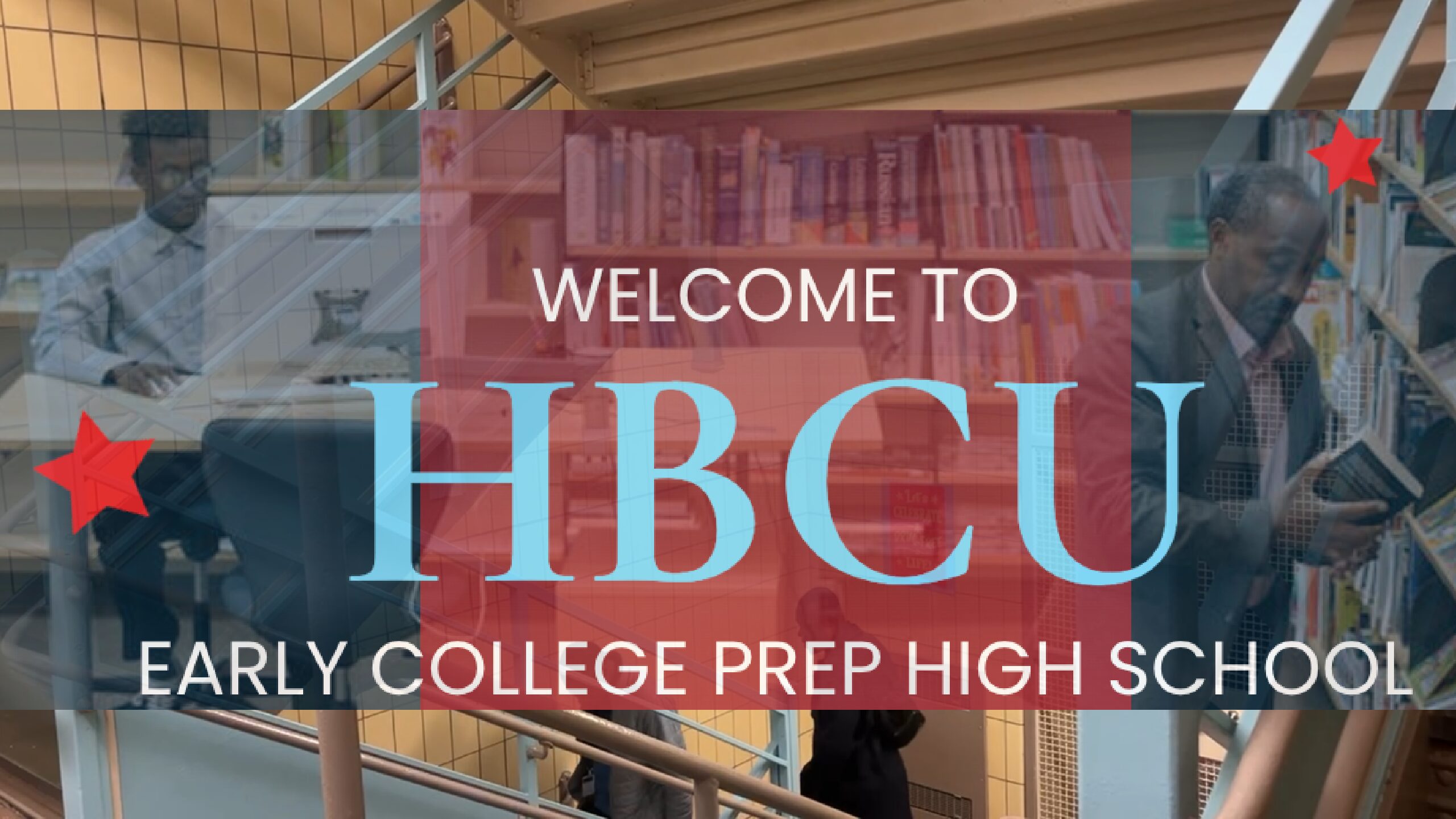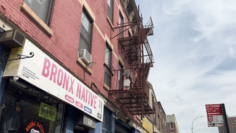Negotiations between Columbia University officials and students protesting on the West Lawn of campus have ended without an agreement, Columbia President Minouche Shafik announced in a statement on Monday morning.
Acknowledging that a group of academic leaders and student protesters had been negotiating since Wednesday and that those conversations had not produced any meaningful results, Shafik asked those at the Gaza Solidarity Encampment to follow the university policies and vacate the lawn.
“We urge those in the encampment to voluntarily disperse,” Shafik wrote.
But at a noon assembly, students defiantly vowed to stay put.
The university distributed flyers asking protesters to leave the lawn by Monday at 2 p.m., provide identification to a university official and sign a form committing to abide by all Columbia rules until June 30, 2025.

Failure to comply with this order would result in suspension from Columbia University buildings, classes and exams, and those scheduled to graduate in May wouldn’t be able to do so.
“We are consulting with a broader group in our community to explore alternative internal options to end this crisis as soon as possible,” Shafik said in her statement.
It’s unclear what those alternative options might be. On Friday, Shafik and other university leaders said bringing back the NYPD to dismantle the camp would be “counterproductive.” She has been widely criticized for calling police officers in to dismantle the original encampment on April 18. More than 100 individuals were arrested.
Students’ demands include total amnesty for those who were arrested or suspended and divestment from any interests Columbia has that are connected to Israel.
“While the university will not divest from Israel,” Shafik said, “the university offered to develop an expedited timeline for review of new proposals from the students by the Advisory Committee for Socially Responsible Investing, the body that considers divestment matters.”
At a general assembly on Saturday night, protesters acknowledged the fact that divestment from Israel is not achievable through negotiations and spoke about ways to escalate the situation in order to achieve their goals.
Suggestions for possible escalation included further expansion of the encampment in the Morningside Heights campus, the occupation of buildings, disruption of university events and getting the Harlem community involved in their efforts against the university.








